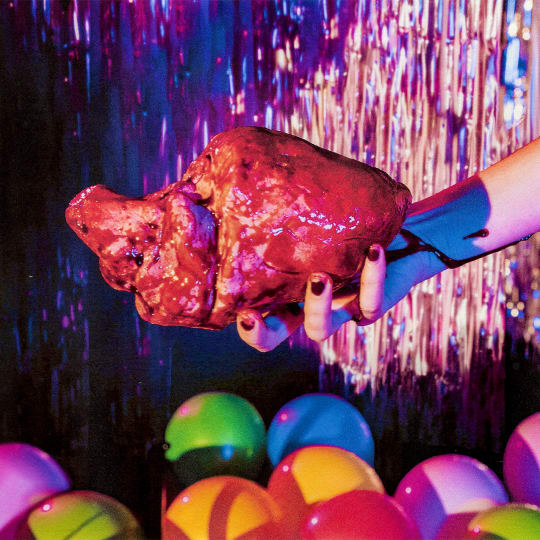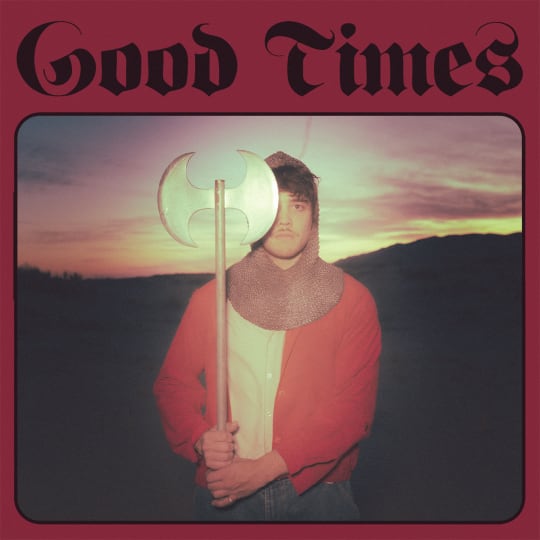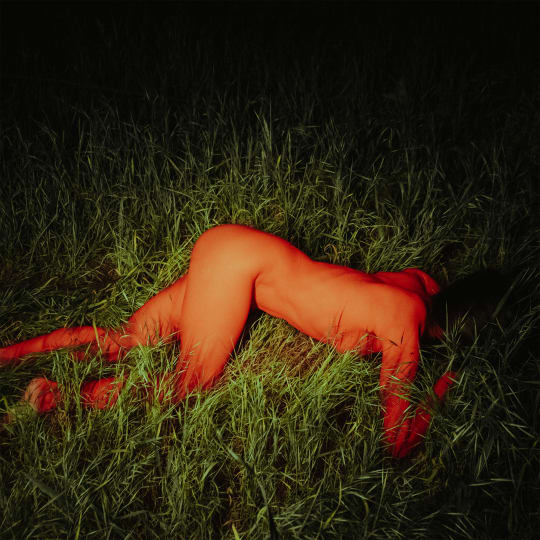Roe Kapara Bio
“I had no intention to ever write any sort of anti-establishment songs,” admits Roe Kapara, the incisive songwriter hailing from Los Angeles by way of St. Louis. “I think it’s just the shock of living right now.” With half a million monthly Spotify listeners sharing his sense of hopelessness about the world they've inherited, Kapara translates the frustrations of coming of age in modern America into five sharp-witted songs on his EP Big Cigars and Satin Shorts. In this second release under Epitaph Records, Kapara marries a radical punk ethos with electrifying indie-rock spirit, offering a poignant reflection of how an entire generation of desensitized, bleeding-heart young people are feeling.
Combining swelling choruses, plucky melodies, explosive riffs, and razor-sharp lyrics, Kapara confronts the absurdity of modern life with both humor and angst. Throughout the project, he passionately addresses wealth disparity, corporate greed, and the illusion of the American Dream. He gives voice to the mix of fury and despair that arises from witnessing friends, family, and generational peers be consistently let down by institutions with lofty promises.
Kapara recognizes that even those rejecting the status quo, like himself, aren’t immune to societal pressures. His jaunty tune "Dumb" calls out the judgmental blows and subtle digs from family members trying to force conformity and instill feelings of inadequacy while he carves his own path and follows his dreams. Meanwhile, his project’s title track “Cigars and Satin Shorts” is influenced by watching compassionate youth raging against injustices, only to be blocked by the big wigs at the top. “Seeing people in my generation speak out about the environment, war, and corporations buying up all the houses, it feels like our efforts are often in vain,” he reflects.
Big Cigars and Satin Shorts continues riding the high of Kapara’s successful debut EP I Hope Hell Isn’t Real, which cemented Kapara as one of the most exciting new voices in alt-rock and earned him an opening EU tour slot with Rick Montgomery. But Kapara’s new project also marks a decisive move to show off a more vulnerable side of his songwriting, with tracks like the catchy misfit anthem “Hate Myself” and the macabre EP closer “The Dead Come Talking.” “There's a lot more songs that are closer to my heart on this project,” he says. “I was just not playing into whatever the internet told me to make.”







